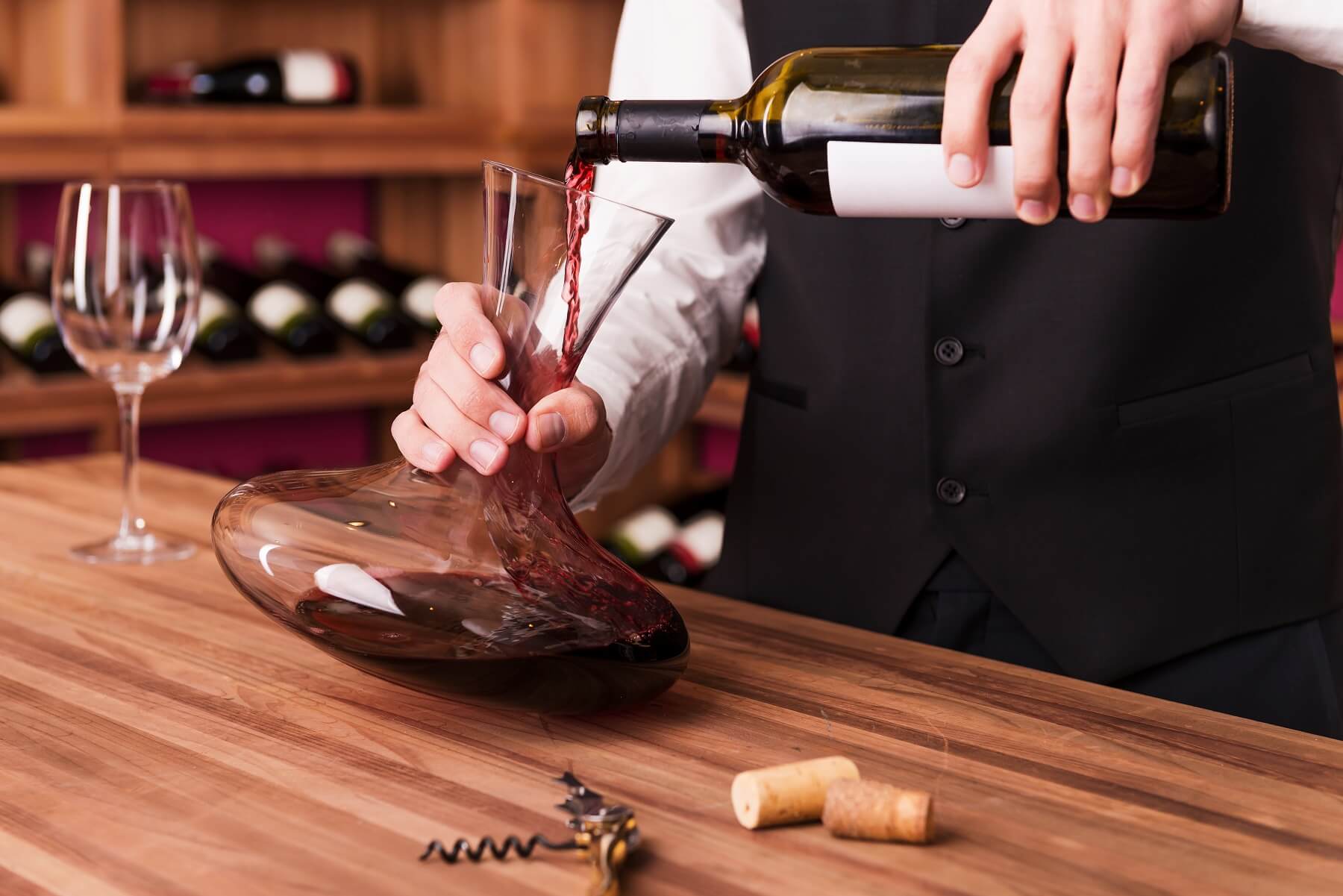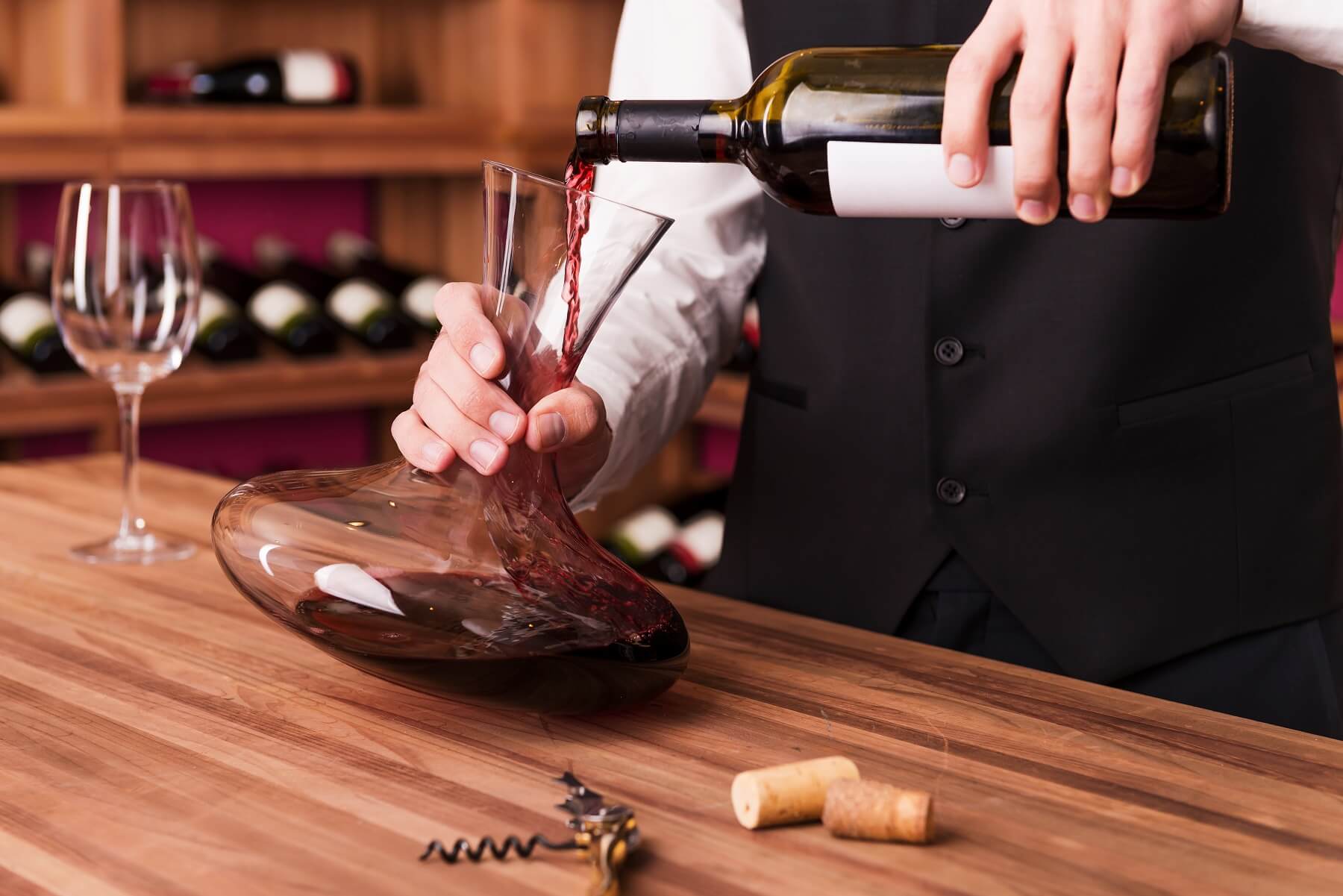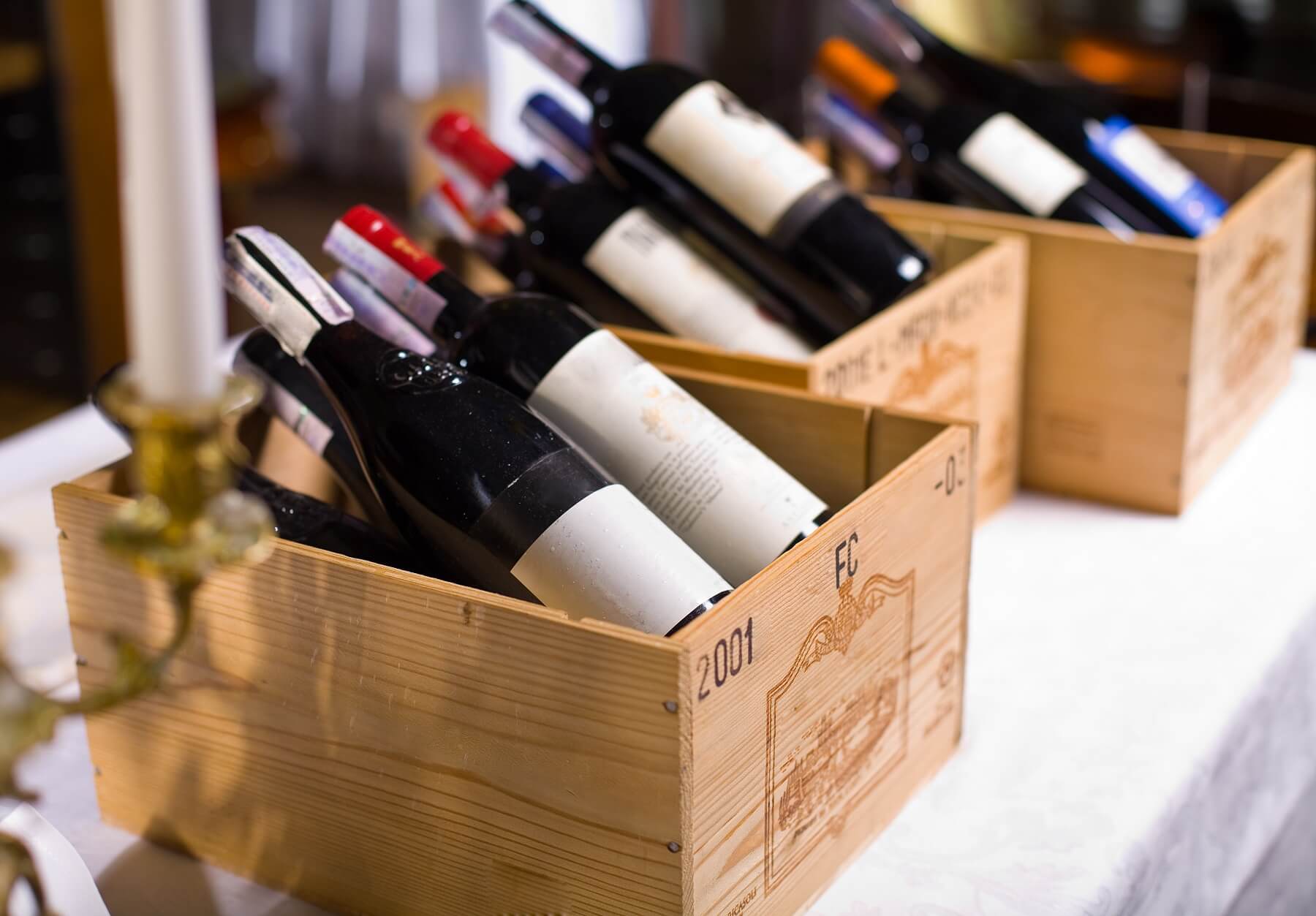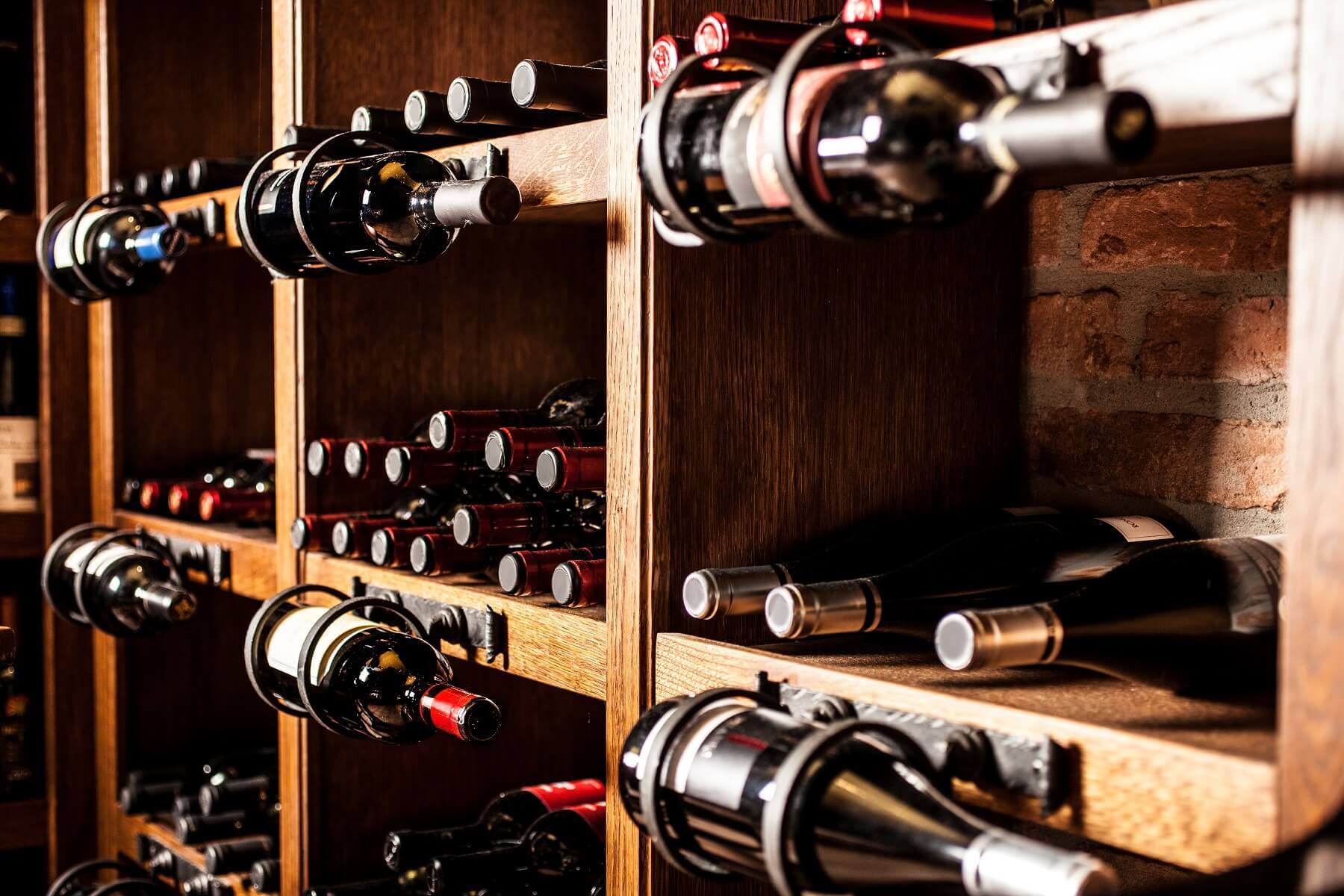

There’s no point in denying it, ordering wine at a restaurant can be a bit of an intimidating business. But it doesn’t have to be stressful. So bear these points in mind, and make sure you’re enjoying yourself.
There’s no point in denying it, ordering wine at a restaurant can be a bit of an intimidating business. There are some parts of the world - mainly in Europe, admittedly - where it’s quite easy. You just ask for wine, and it is brought to you, and it’s invariably pretty good and perfectly suited to whatever you’re eating.
However, here it can be a bit of a minefield, with increasingly lengthy wine lists which taking in at least three continents becoming more and more commonplace, making even fairly experienced wine drinkers a little hot under the collar.
But it doesn’t have to be stressful. Despite the elitist, pretentious air of many wine drinkers, things are much simpler than they seem. Don’t get in a panic - wine is supposed to be fun, a little voyage of discovery for you to share with your friends and loved ones - so bear these points in mind, and make sure you’re enjoying yourself.
Sommeliers really, really like talking about wine
The days of silent, sniffy and overbearingly arrogant sommeliers are long gone - and thank god for that! If you’re having some doubts, or you have some questions regarding which wine to choose with your meal, call for the sommelier or barman, and ask them questions.
As long as they’re not enormously busy, the chances are they’ll be very happy to have a chat - it’s their job, after all, and - surprise, surprise - most sommeliers are passionate people who take great pride in their wine lists, and only want to share their knowledge and enthusiasm with you.
You don’t have to sit there pretending to be an expert, refusing to admit that you don’t know everything there is to know about the character of some wine to come out of Lebanon or Washington State. Ask away, relax, and learn!

Mark-ups are real and often huge
Let’s not kid ourselves - restaurants are businesses, and their main objective is to make enough profit to keep themselves going. Perhaps nowadays more than in the past, the amount of profit restaurants make on wine is pretty big, generally between 200 - 300% in most cases.
You can’t really escape this, but you can reduce the damage by avoiding buying wine by the class (the markup is particularly high when sold in this way).
The second cheapest on the list is almost always the cheapest in reality
On a similar subject, if you want to avoid the bottle which has the highest markup in price, steer well clear of the notorious ‘second cheapest’ bottle. Restaurants know perfectly well that punters don’t like to appear cheap by going for the first, cheapest wine on the list, and that the next one down is likely to be their biggest seller.
However, can you judge a wine by its price? Generally, the answer is no - especially when you’re at a restaurant, because the quality and character of the wine depends somewhat on what you’re eating.

Most somms have a secret stash
Remember what I was saying about sommeliers being genuinely passionate about wine? Most somms I know have a ‘secret stash’ of wines which are off the menu, but which they save for special customers or for after-hours drinking with the staff. As sommeliers tend to have fairly exquisite taste in wine, it’s definitely worth drinking what they’re drinking, and it’s always worth asking if they have any wines which are not featured on the list.
If you want to get in on this, have a chat with your sommelier about where they’re from, and whether they have any wine from their home region (or some similar subject). Maybe they’ll want to share something special with you.

A lot of restaurants don’t store their wine correctly
In fact, a huge amount of restaurants don’t store their wines properly. Wine storage is tricky and expensive, and unless your destination for the evening is somewhere which specialises in fine wine, it’s quite likely that their cellar is a bit of a mess.
As such, it’s often sensible to go for younger wines at most informal restaurants - these won’t have had much chance to spoil or go flat - as the more expensive, aged wines might not be at their best and may even be a big waste of money. So, don’t worry about vintages, just go for something which you think is going to taste great.

Now that you have wrapped your head around the important points above, it's time to uncover 3 of the best wine recommendations we think would satisfy your palate. Go ahead and check out our wine palate quiz below!
Next up: Take our Wine Palate Quiz and match your personal tastes to your top three wine types
Do you know your wine personality? If your answer is no, take our quiz to find out which wines to pick up next and build your box!
Build my box



